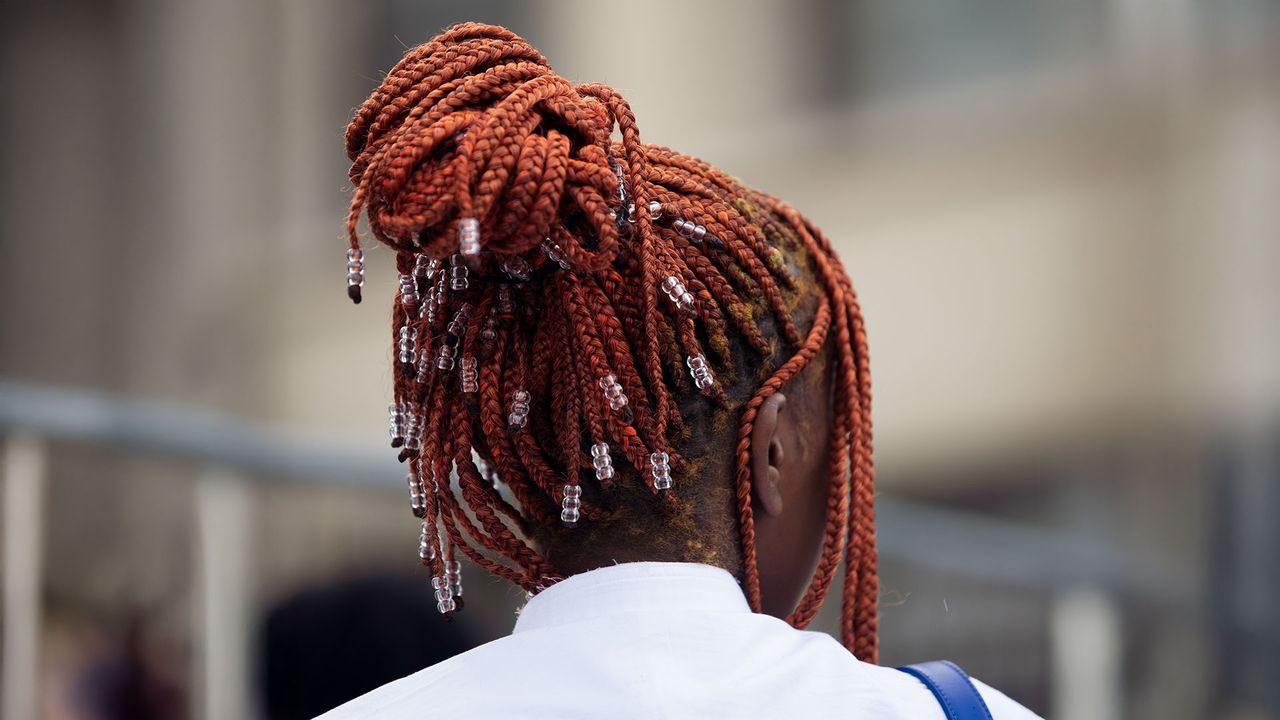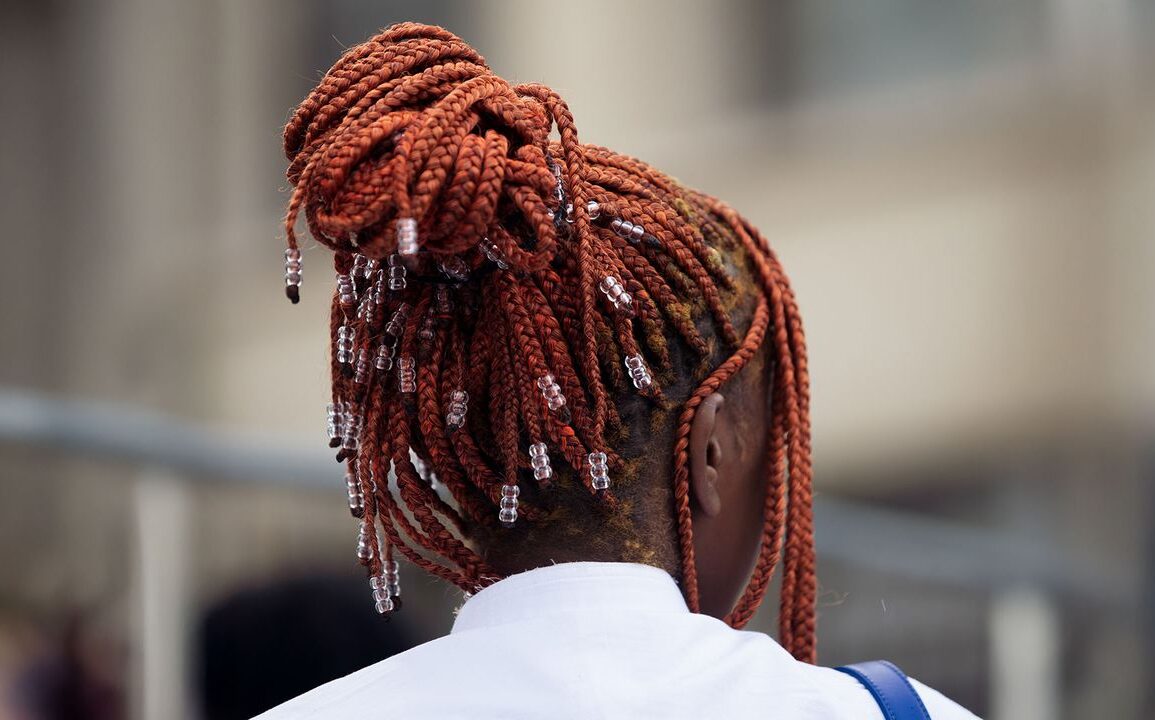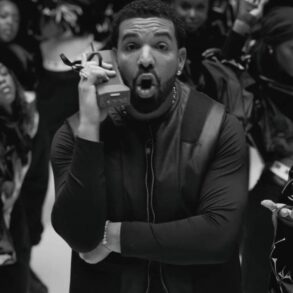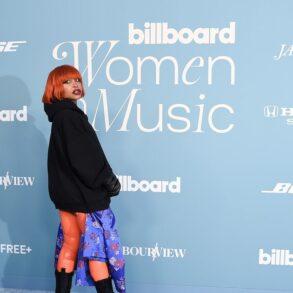
They say beauty is pain, but it isn’t supposed to be deadly. So why has a new analysis found that 80% of more than 4,000 beauty products marketed towards Black women contain at least one hazardous ingredient (with most containing multiple)? This follows various recent studies highlighting how some synthetic braiding hair may contain carcinogens, lead and other harmful chemicals.
From hair relaxers to skin-lightening creams and the synthetic hair we use to braid our hair, these reports paint a grim picture of a market where a number of products contain potentially dangerous chemicals – parabens, phthalates, endocrine disruptors – many of which disproportionately target Black women. In fact, in 2020, Tamarra James-Todd, a Harvard researcher, went on record saying that according to her research “about 50% of products advertised to Black women contain these types of chemicals, compared to maybe only 7% that are advertised to white women”, and we haven’t seen much improvement.
What’s more disheartening? This isn’t new information. Nearly a decade ago, in 2016, the Environmental Working Group (EWG), the group behind the study, issued a similar warning, and yet not much has changed. The research is there (albeit not always comprehensive) but it all points to the same conclusion: beauty rituals for Black women can be harmful, and even deadly.
For years, researchers have flagged the connection between certain beauty products and elevated health risks, particularly for Black women. For example, formaldehyde, a known carcinogen found in some hair relaxers, has been a focal point of concern. Studies, including one from the National Institutes of Health in 2022, found that frequent use of chemical hair straighteners doubles the risk of uterine cancer. Meanwhile, skin-lightening products can harbour mercury or steroids, which can disrupt hormones and damage organs over time.
The latest EWG analysis, co-authored with Dr Kristian Edwards, who co-founded all-natural Black marketplace BLK + GRN after reading the initial report, reveals the scope of the problem. Of the 4,011 products evaluated, only 21% are ranked as “low hazard” in EWG’s Skin Deep database. The rest? Over 3,000 moderate to high hazard, with haircare products (specially relaxers) leading the pack. Some very well-known brands in Black households appear on the list with ingredients like sodium hydroxide, formaldehyde-releasing preservatives, and hormone-disrupting parabens flagged as dangerous.
The report comes with receipts. It names names and spells out exactly which chemicals pose risks, which is a level of clarity we are not used to when it comes to research involving Black women’s health and wellness – but since the first 2016 report, Black women have demanded more transparency when it comes to their daily routines.
While Black women are increasingly embracing their natural hair, particularly in historically hostile environments such as school and the workplace, the moment we do decide to give into the pressure of assimilating to western beauty standards – particularly when it comes to hair – we’re met with alarming health concerns.
You’ve probably bumped into recent viral videos of Black women disowning their synthetic braiding hair due to health concerns, including allergic reactions, scalp inflammation, and respiratory issues. These claims were fuelled by a 2020 study by ATLAS Institute’s Dr. Donna Auguste PHD reporting that some synthetic hair emits toxic volatile organic compounds (VOCs) when heated, potentially linked to cancer and other diseases. Consumer Reports recently corroborated this by releasing their findings around cancer-causing chemicals and lead in some of the synthetic hair marketed to Black women.
This post was originally published on this site be sure to check out more of their content.








